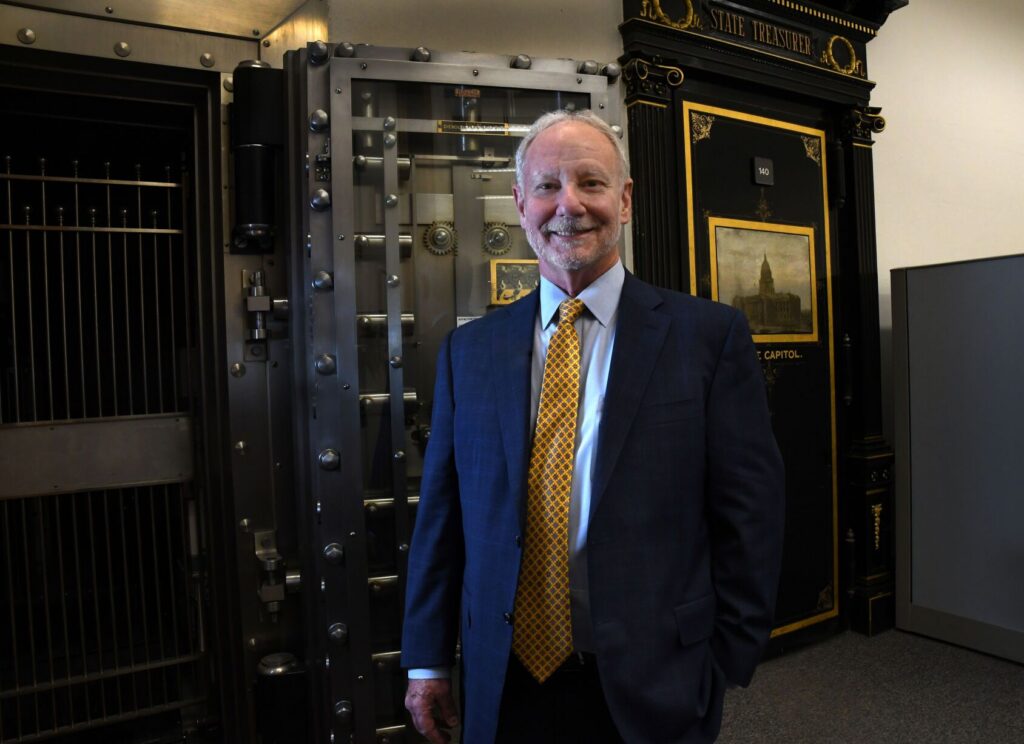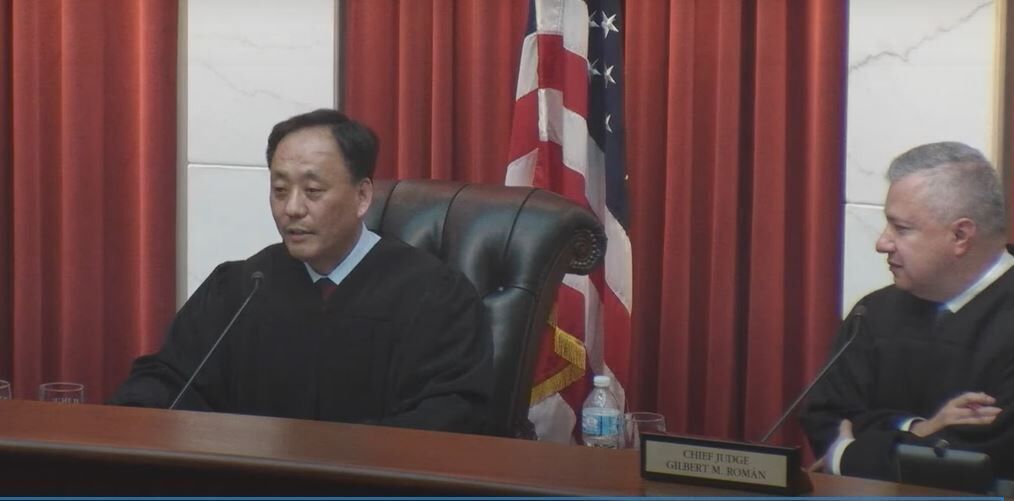Judge weighs whether lawsuit can proceed alleging illegal mining in Garfield County

A federal judge is contemplating whether to allow Garfield County and a group of Glenwood Springs residents to proceed with their lawsuit against the federal agency that manages public lands, which allegedly has allowed illegal mining to occur for years at a quarry near the city.
The Glenwood Springs Citizens’ Alliance first filed its complaint in March 2020, and the county has since joined the litigation. Both parties seek a judge’s decision that the Bureau of Land Management has improperly authorized or failed to halt mining activities at the 15-acre Mid-Continent Quarry. The current operations reportedly fall outside the scope of the site’s 40-year-old operations plan, according to the lawsuit.
“Every day, the rocks are getting removed from the mine, as well as the trucks, the disruption,” argued attorney Suneeta Hazra in court Wednesday. “The harm to the environment and the public occurs every day the mining occurs.”
BLM officials, in turn, have asked U.S. District Court Judge Charlotte N. Sweeney to dismiss the lawsuit. They argue the agency has not authorized the mining of any disputed materials and is currently analyzing whether, in fact, the quarry’s operations exceed the 1982 operations plan.
“I’m not unsympathetic to plaintiffs’ ultimate claim that the enforcement action is not happening fast enough and it has impacts,” U.S. Department of Justice attorney Joseph H. Kim said. “The problem is that sympathy doesn’t translate into a legal cause of action.”
For her part, Sweeney tried to understand what was likely happening at the Mid-Continent Quarry. The plaintiffs alleged BLM knew for many years there were “common variety minerals” being extracted and sold for construction material, road base or structural filling. If true, that work would not be aligned with the original purpose of the quarry.
“It seems to me everybody agrees this common variety mining is happening. It sounds like there’s proof these materials are selling for road base,” Sweeney said.
The quarry operations implicate multiple federal laws dating to the 19th and 20th centuries. Under the Mining Law of 1872, “valuable mineral deposits” on public lands were deemed “free and open to exploration and purchase.” Gold and silver, as well as uncommon varieties of sand or gravel, fall into that category.
Subsequent legislation in 1947 and 1955 removed common varieties of minerals from the scope of the mining law. Those materials must be subject to a sales contract in which the government receives fair market value for their mining and disposal.
In 1982, BLM authorized an operations plan for the Mid-Continent Quarry to allow removal of uncommon, chemical-grade limestone that was intended for use in suppressing dust in coal mines. That same year, Garfield County issued its own permit based on the stated purpose of the mining.
But the plaintiffs allege that as early as 2011, BLM was aware the operator of the quarry was removing common variety limestone. In 2016, Rocky Mountain Resources (RMR) purchased the quarry and allegedly reported to BLM it was selling “road base” and “backfill” material to a local construction company. Since at least July 2017, the plaintiffs claimed, sales of mined materials for common variety uses outpaced sales for coal dust suppression – which was the stated, authorized purpose of the quarry.
“If true that sales of uncommon variety, chemical-grade limestone are no longer supporting RMR’s operations on their own,” the county wrote to the court, “it is even likely that RMR’s claims are no longer valid under the 1872 Mining Law, which would require RMR to suspend their operations in their entirety.”
Garfield County and the citizens’ alliance pointed to actions BLM took in 2019, when it ordered the company to establish and contribute to an escrow account, paying into it the fair market value of suspected common variety minerals extracted from the mine.
“The BLM has begun a mineral examination of the Subject Lands,” the agency explained in its September 2019 agreement with RMR, warning the company would be “in trespass” if it were removing non-valuable materials.
The analysis is still pending.
“Is there any timeline on that?” Sweeney asked on Wednesday. Kim responded he did not have one.
Kim added that the plaintiffs had not identified any conduct by the BLM that authorized the allegedly-illegal removal of common variety minerals. Further, to the claim that BLM was failing to enforce the law and its own regulations, Kim argued BLM could not be held liable for not taking an enforcement action that was solely within the BLM’s discretion.
But the plaintiffs countered that BLM does have an obligation to protect resources, the environment and the public interest when entering into a mineral sales contract – which so far the agency has delayed doing.
“Essentially what BLM is saying is, ‘There’s nothing anyone can do. We get to sit on our hands forever’,” said Hazra.
“What’s the incentive of the government to handle it this way, in your view?” Sweeney asked lawyers for the plaintiffs. In response, they speculated the agency does not want to tell RMR – which is not a party to the case – that it needs to cease its operations.
Sweeney indicated she would issue a written order within two weeks on BLM’s motion to dismiss.
In late August, BLM sent a letter to the mining company, which is also known as Rocky Mountain Industrials, for four violations at the Glenwood Springs quarry. None of the cited issues involved RMR’s mining of common variety minerals, according to The Post Independent.
The case is Glenwood Springs Citizens’ Alliance et al. v. U.S. Department of the Interior et al.














